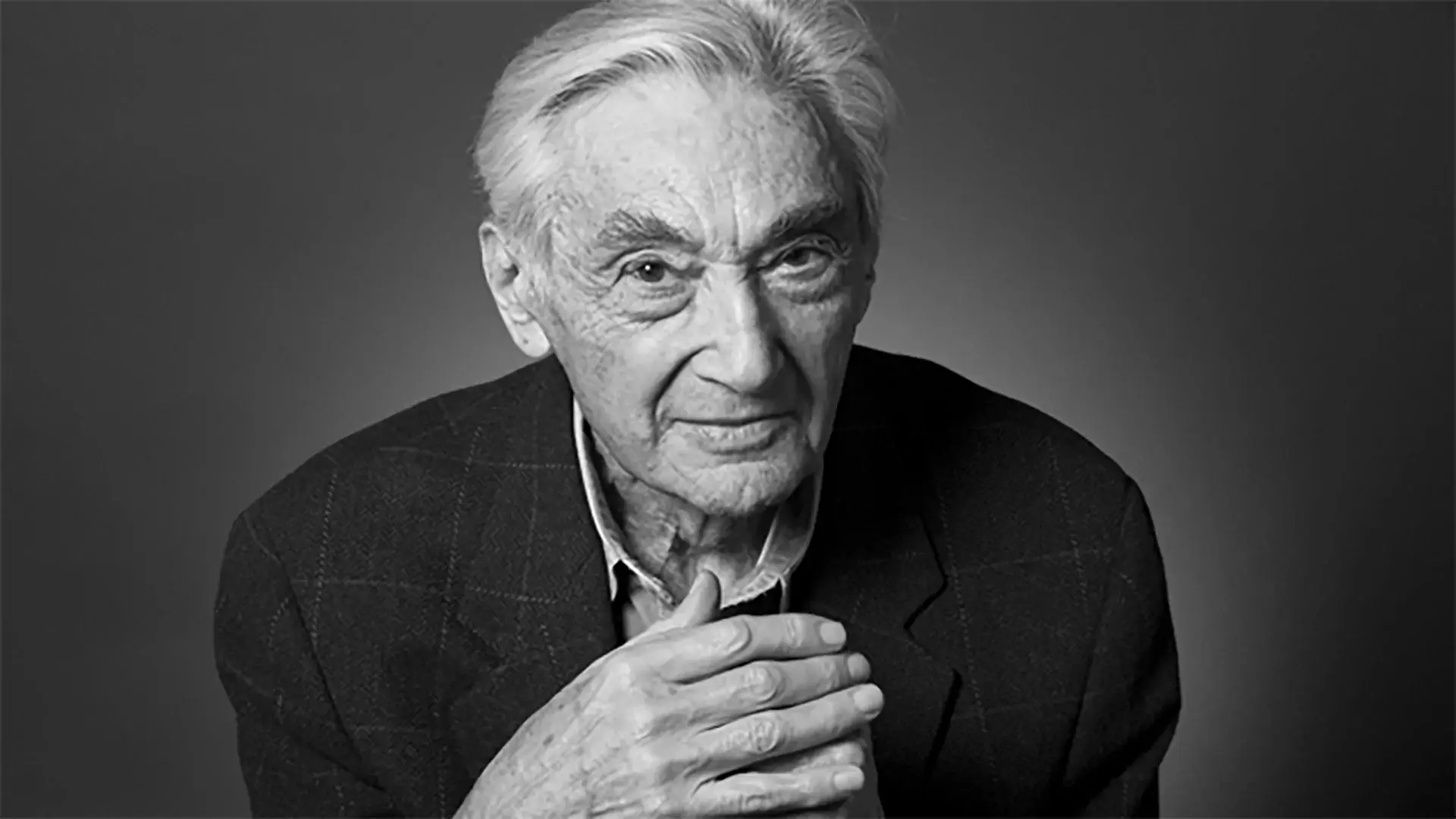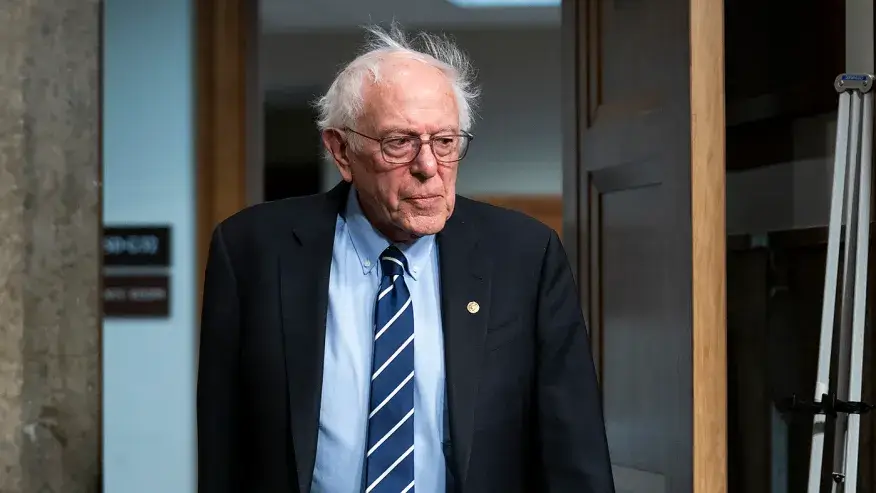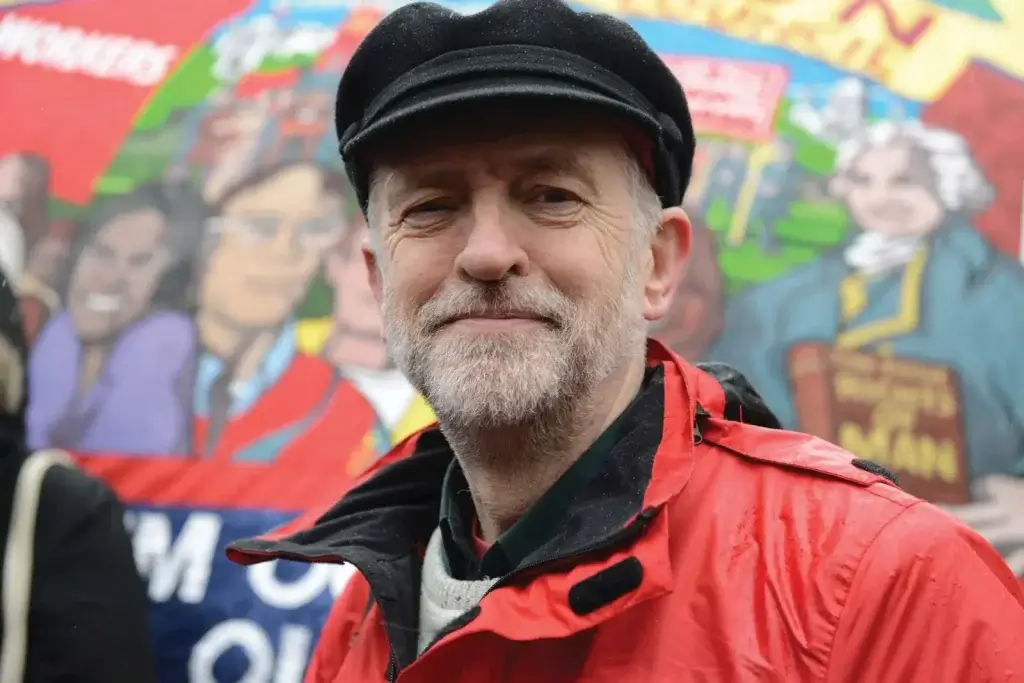Politicians Inspired by Howard Zinn’s Democratic Socialism

antonfoek
Amsterdam, February 10th, 2025 – Howard Zinn’s philosophy of democratic socialism has inspired a number of politicians around the world. These leaders have sought to implement policies that prioritize social welfare, economic equality, and democratic participation. Here are a few notable examples:
1. Bernie Sanders (United States)

Bernie Sanders, a U.S. Senator from Vermont, has been a prominent advocate for democratic socialism. His policies focus on universal healthcare, free public college tuition, and a higher minimum wage. Sanders believes in a government that works for all people, not just the wealthy elite. His campaigns have brought issues like income inequality and corporate influence in politics to the forefront of American political discourse.
2. Jeremy Corbyn (United Kingdom)

Jeremy Corbyn, former leader of the Labour Party in the United Kingdom, has also been influenced by Zinn’s ideas. Corbyn’s platform included nationalizing key industries, increasing public spending on social services, and promoting workers’ rights. He aimed to create a more inclusive and equitable society by challenging the status quo and advocating for the marginalized.
3. Evo Morales (Bolivia)

Evo Morales, the former President of Bolivia, implemented policies that reflected democratic socialist principles. His administration focused on reducing poverty, improving healthcare and education, and promoting indigenous rights. Morales’ government sought to redistribute wealth and resources to benefit the broader population, particularly the historically marginalized indigenous communities.
Real-World Outcomes
The implementation of democratic socialist policies has had mixed results in practice. In the United States, Bernie Sanders’ influence has led to a greater emphasis on progressive policies within the Democratic Party, but he has not yet achieved the presidency. In the United Kingdom, Jeremy Corbyn’s tenure as Labour leader saw a resurgence in grassroots activism, but his party faced significant challenges in winning over centrist voters.
In Bolivia, Evo Morales’ presidency brought about significant social and economic improvements, including a reduction in poverty and increased access to healthcare and education. However, his administration also faced criticism for authoritarian tendencies and economic mismanagement.
Conclusion
While the philosophy of democratic socialism has inspired many politicians to pursue policies aimed at creating a more equitable society, the real-world outcomes have been varied. The success of these policies often depends on the specific political and economic context, as well as the ability of leaders to navigate complex political landscapes. Howard Zinn’s vision of a society where the welfare of the people takes precedence over corporate profit continues to influence political discourse, but its practical implementation remains a challenge.
What do you think about the impact of democratic socialism in these different contexts?


